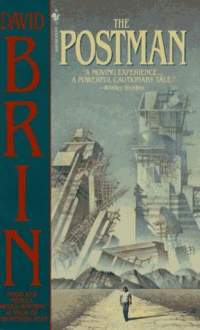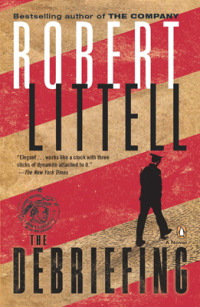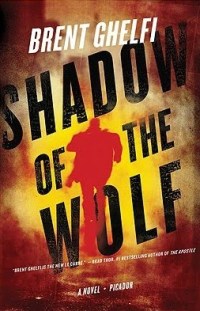Nana by Émile Zola
 Tuesday, November 9, 2010 at 2:28PM
Tuesday, November 9, 2010 at 2:28PM 
First published in 1880
You don't have to be a scholar of French literature (I'm not) to appreciate Nana. Set in the late 1860's and early 1870's, Zola's novel (the ninth in his Rougon-Macquart series) follows a talentless but beautiful stage actress whose physical charms (which she generously shares with upscale men) make her the talk of Paris. Nana is soon living well beyond the means of the various men who support her; their desire for her inevitably leads to their downfall, while the smiling Nana simply moves on to the next admirer.
Zola paints beautifully detailed portraits: the theater, the city, Parisian aristocracy and the crowds that clog the streets all come alive in vibrant color. The characters peopling the novel represent all the traits, good and (mostly) bad, that a sharp-eyed writer could hope to put on display: cruelty, lechery, indifference, pompousness, greed and corruption, occasionally offset by kindness and generosity. Zola was apparently saying something about the superficiality and decadence of society (Nana is ultimately doomed, as is the French empire), but from the modern reader's standpoint, the novel works as sort of an entertaining soap opera, a spoof of the upper class, an old school view of the sexual power women wield over men. Above all, it's often very funny. The novel is easy to read and well worth the time.
RECOMMENDED
 TChris |
TChris |  Post a Comment |
Post a Comment |  France,
France,  Émile Zola in
Émile Zola in  General Fiction
General Fiction 


